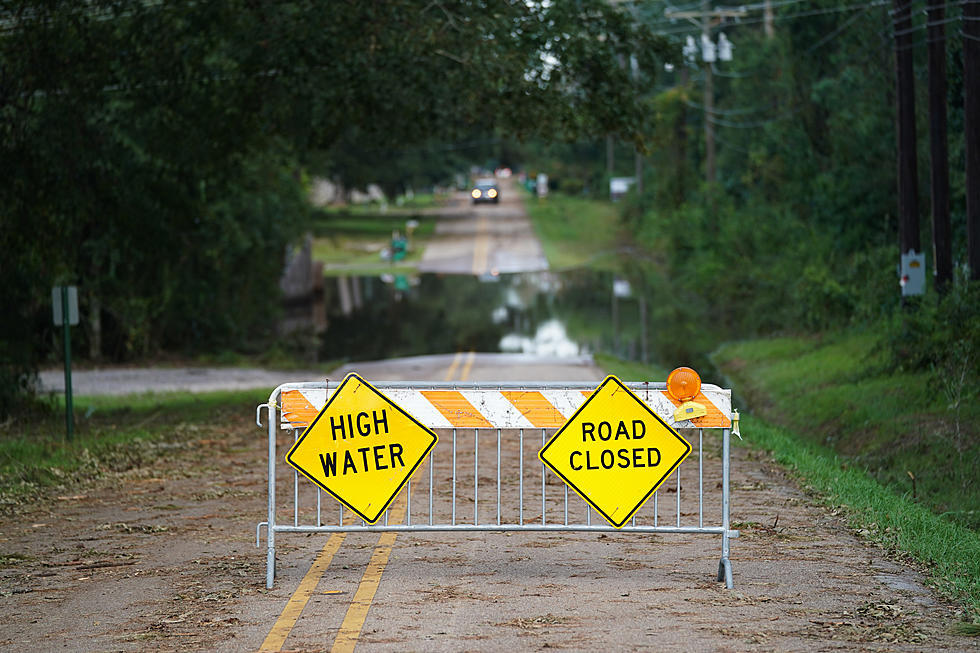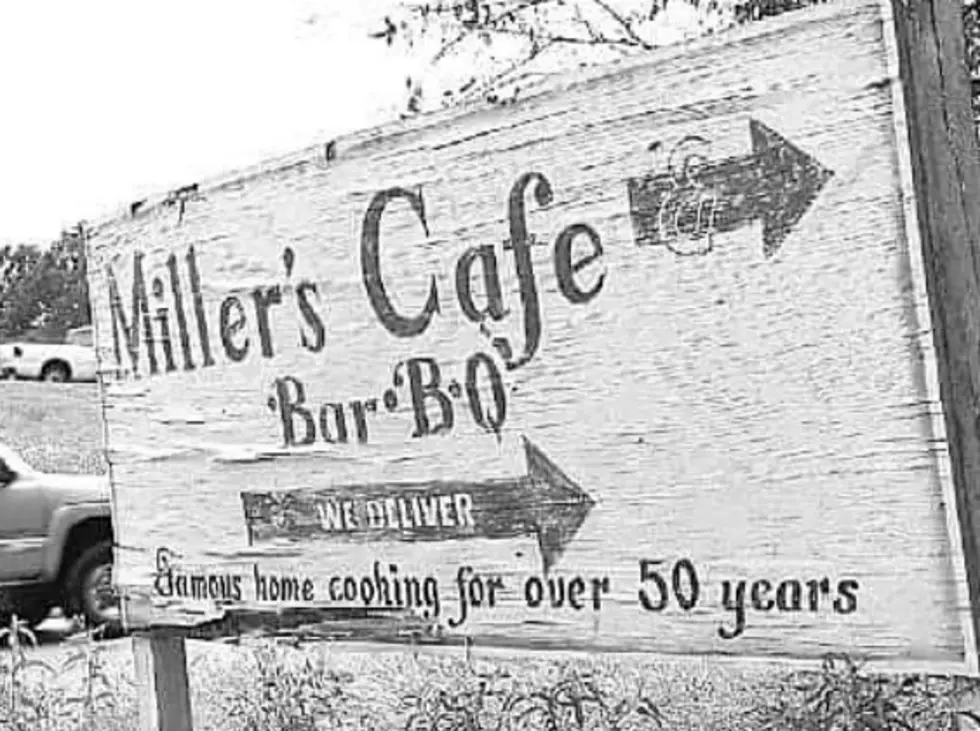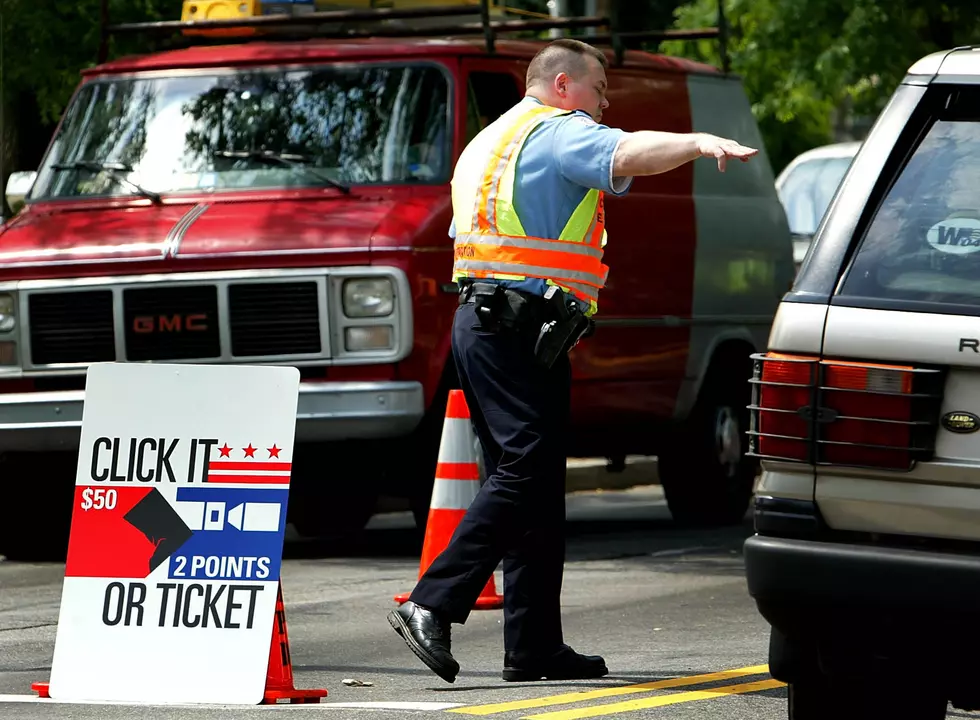
Tips On Driving In Standing Water During Heavy Rains
With Tropical Storm Nicholas potentially making impacts of major water spread all over Southwest Louisiana. Everyone here in Lake Charles is on high alert for what we may need to expect in the area. There are plenty of people who have to get to work and that calls for people to have to travel on roads that may not be the safest to travel on.
One thing I found out is that regardless of how often you travel certain roads, you still need to be careful o where you go. Depending on the amount of water that stands in certain areas, there could be hidden powerlines, potholes, or various other obstacles that could damage your vehicle or cause harm to you.
Here are some tips on how to maneuver around roads with a lot of standing water in the area. It is not recommended that you travel during bad weather especially when the roads are flooded and seem questionable for traveling. Here are 6 things to do to help keep you safe during those times.
1. Drive Down the Center: The water tends to be the most shallow in the center of the road. Trust me I have tried this out personally and it works. I would still use major caution when doing so.
2. Take Turns with Other Cars: This is common sense for those who share the road when traveling. If you are traveling behind a car, try to make a single line behind the car in front of you. This will help as it could possibly keep the water down and helps the traction get a little better.
3. Only Cross When The Water Is Shallow: It only takes a little or a one-half inch of water to make you lose control at any speed. Try not to cross water that rises above the center of your wheels and yes that does include trying to travel over puddles.
4. Drive Slowly: I have made the mistake before of trying to drive fast through high waters. Somewhere in my mind, I thought that this would help me get through the water faster, and thankfully I have been on the good side of this. Take your time traveling through the water as this will keep you from hydroplaning and flooding out your engine. It is recommended that you travel 1-2 mph then drive 3-4 mph.
5. Drive in Low Gear: If you drive an automatic. keep the speed low enough to stay in first or second gear. It's best to keep your foot on the gas and use your brakes to help control your speed.
Dry Your Brakes: Once you get through, do not speed out. Take your time as you can dry your brakes after moving through water. Simply brake lightly while driving at a slow speed.
Again it is not recommended to travel when the roads are underwater, but as I mentioned before some jobs are frontline jobs and require someone to be there at all times. Be careful and continue to keep it locked to your favorite station for information on road closures and weather.
How long it takes to binge 'The Office,' 'Game of Thrones,' and 50 other famous TV shows
More From 107 JAMZ









